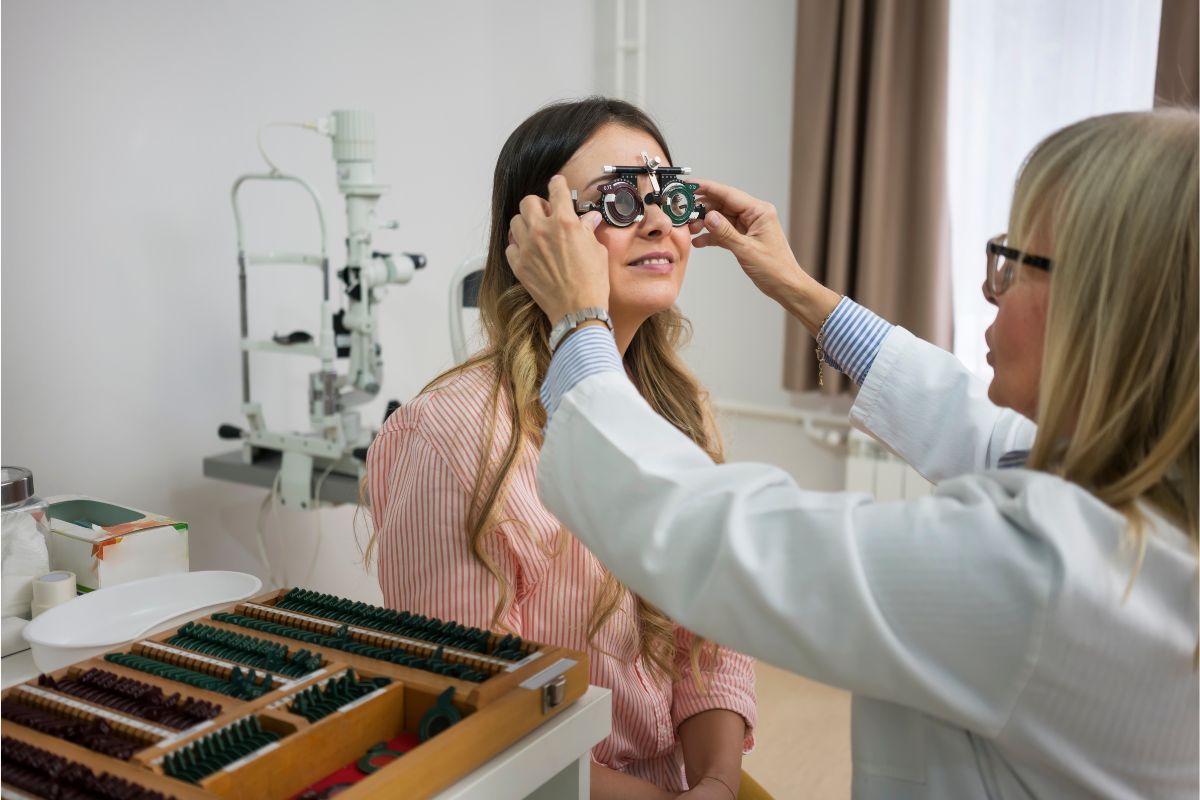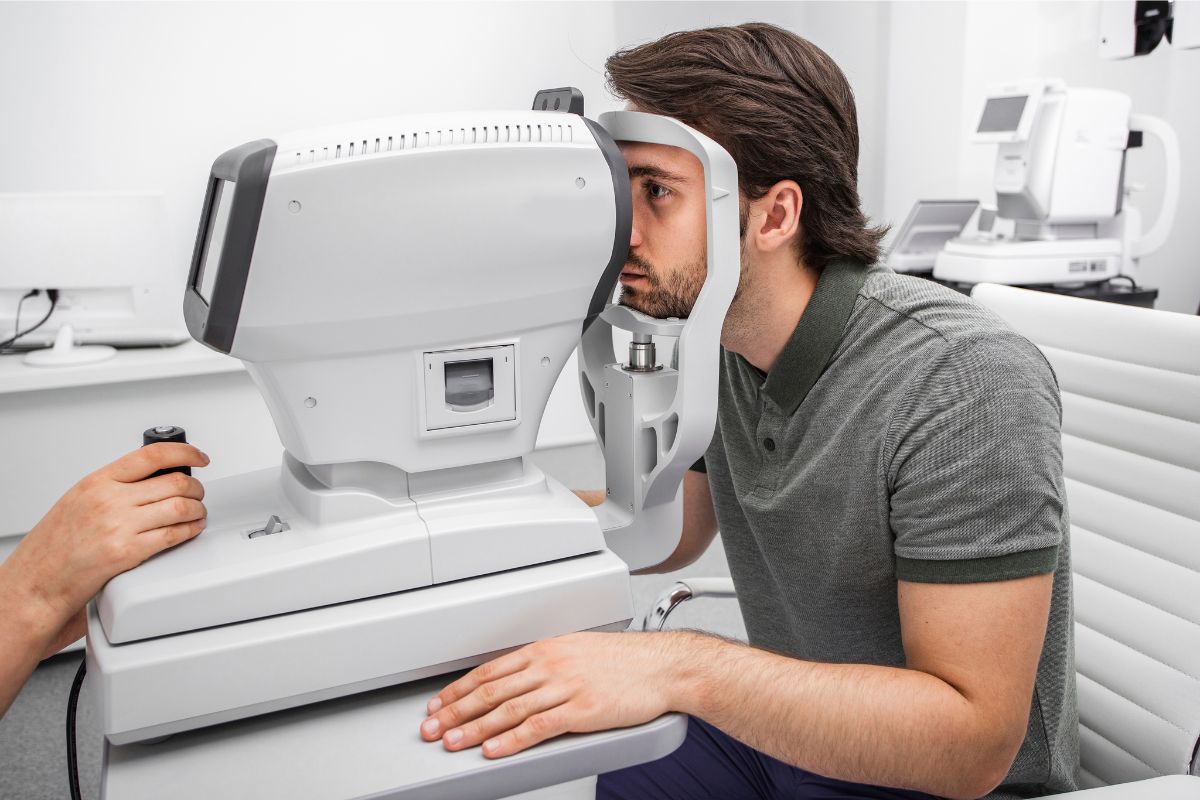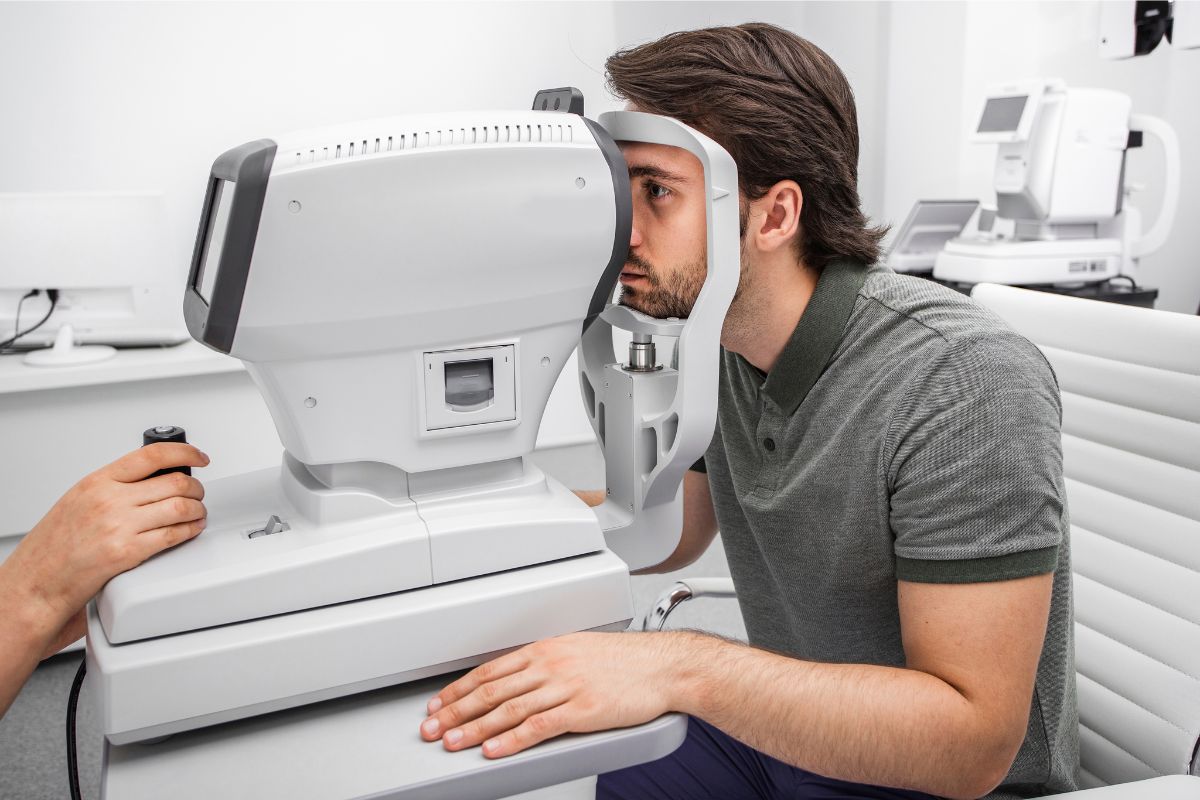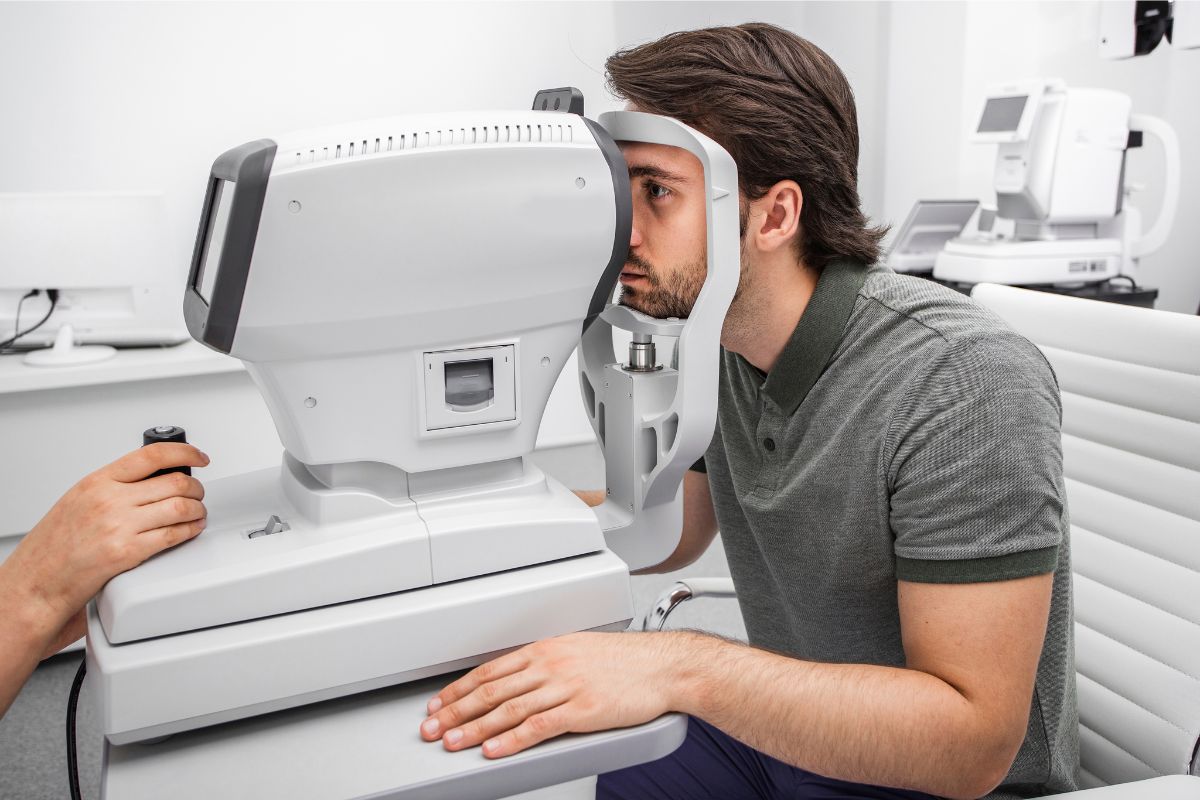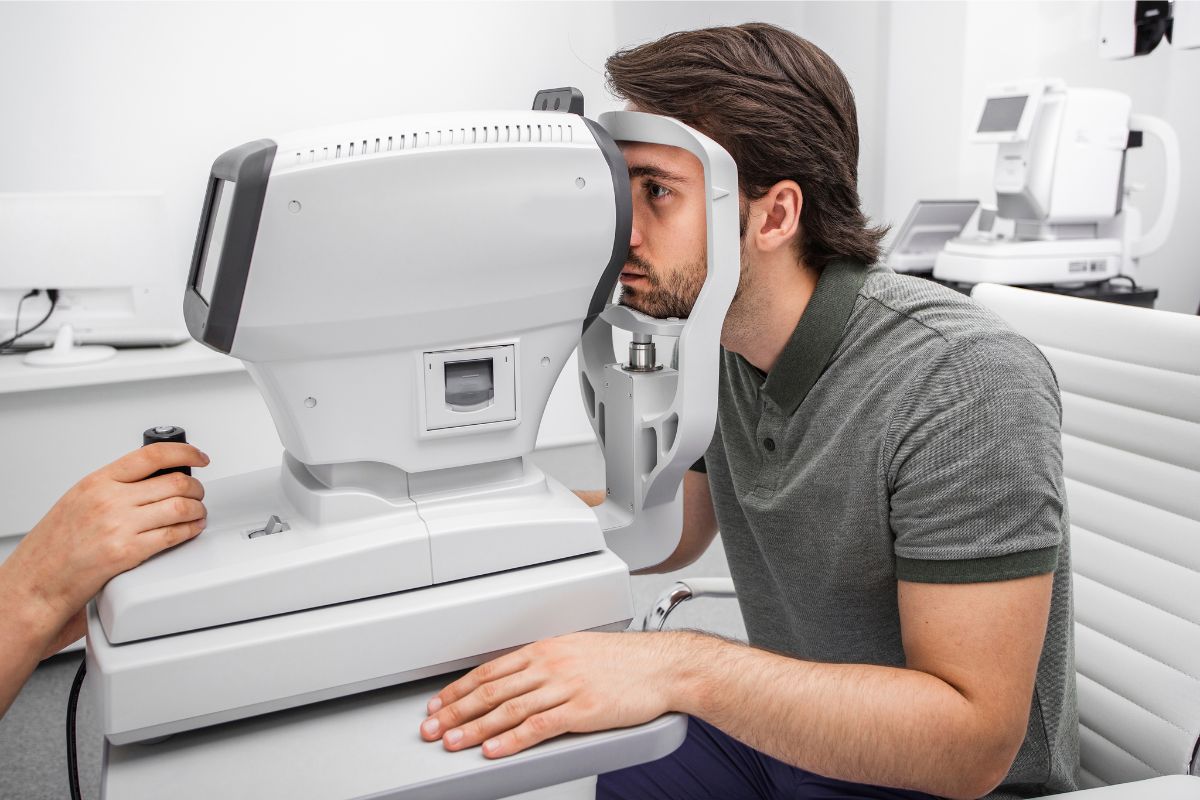
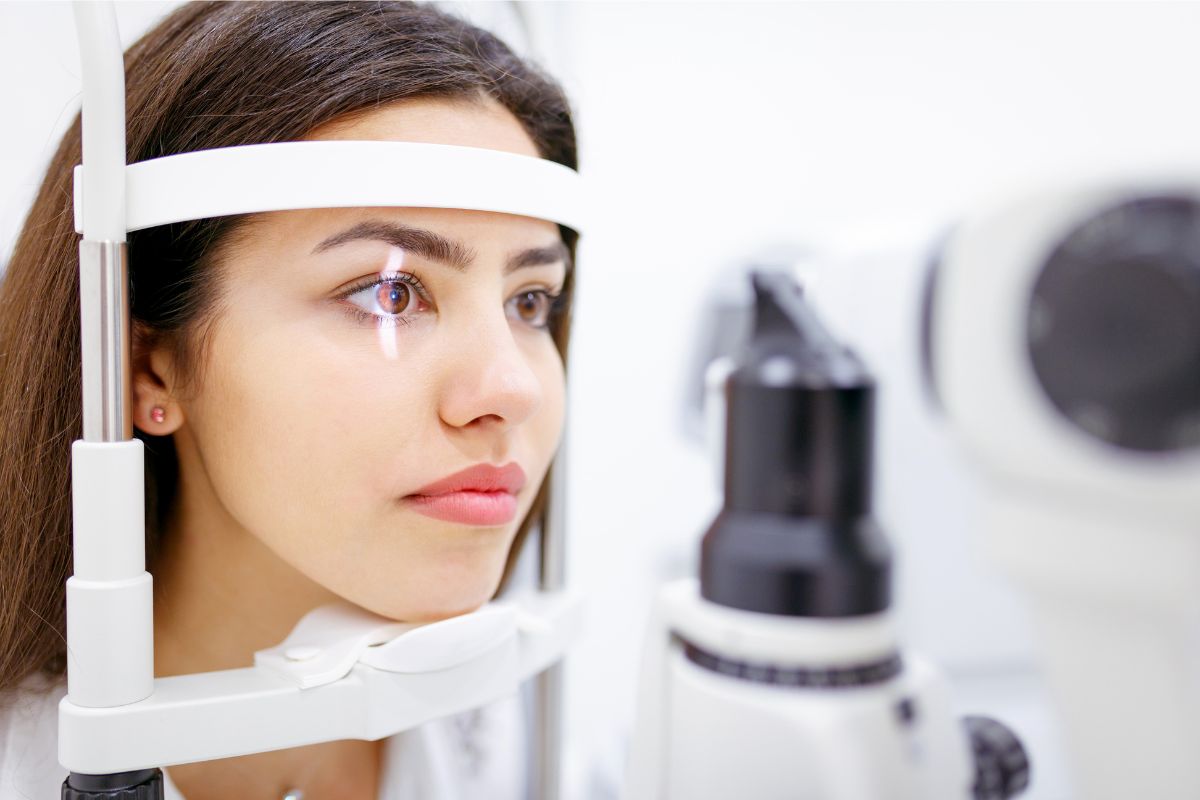
For many, vision health isn’t something we think about until a problem arises—but scheduling a best eye exam in Phoenix, AZ is crucial for maintaining not only eyesight but also overall well-being. In today’s fast-paced, technology-driven world, our eyes are under more strain than ever. That’s why Phoenix residents are increasingly turning to modern, full-service optometry clinics like Urban Eyecare for comprehensive, preventative, and personalized eye care.
Our vision plays a vital role in nearly every aspect of daily life, from productivity at work to safety on the road. Yet, many people skip routine eye exams, assuming that good vision means healthy eyes. The truth is that several eye conditions—such as glaucoma, macular degeneration, and diabetic retinopathy—can develop silently, showing little to no symptoms until significant damage has occurred.
Preventive care, including annual best eye exam in Phoenix, AZ appointments, is the first line of defense against such conditions. Through early detection and management, optometrists can prevent or minimize long-term damage, preserving vision quality for years to come. In this sense, eye exams are not just a medical necessity—they’re an investment in your health and quality of life.
Modern optometry has come a long way from the traditional “read the letters on the chart” approach. Advanced diagnostic technologies now allow optometrists to examine the eye in incredible detail, identifying potential issues even before symptoms develop. These innovations have made eye exams faster, more comfortable, and far more comprehensive than in years past.
Technologies such as digital retinal imaging, optical coherence tomography (OCT), and corneal topography have transformed the field. They enable optometrists to map and monitor the eye’s internal structures, track changes over time, and customize treatments for each patient’s unique needs. Clinics like Urban Eyecare in Phoenix embrace these innovations to provide data-driven, personalized care that reflects the highest standard of modern optometry.
A comprehensive best eye exam in Phoenix, AZ typically involves more than a quick vision check. At clinics like Urban Eyecare, patients can expect a detailed evaluation designed to assess both visual clarity and ocular health. Here’s what a thorough examination includes:
Each step is performed using the latest diagnostic tools, ensuring accuracy, comfort, and an in-depth understanding of your vision health. These exams can also uncover early signs of systemic health issues, such as high blood pressure or diabetes, underscoring the connection between eye care and overall wellness.
Arizona’s unique climate and lifestyle pose specific challenges for eye health. The combination of intense sunlight, dry air, and high screen time can lead to conditions like dry eye syndrome, digital eye strain, and UV-related damage. Regular best eye exam in Phoenix, AZ visits help detect and address these issues early, protecting both comfort and clarity.
For professionals, students, and families alike, access to reliable and advanced optometric care is essential. With clinics like Urban Eyecare offering modern solutions tailored to the demands of the dese


